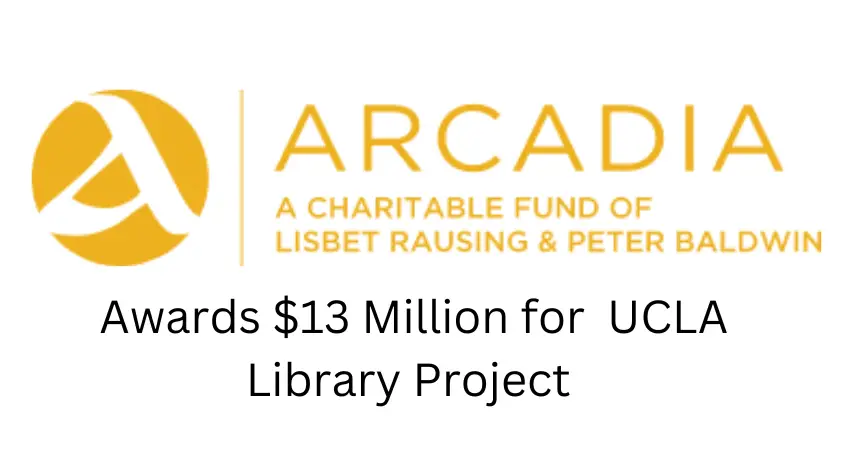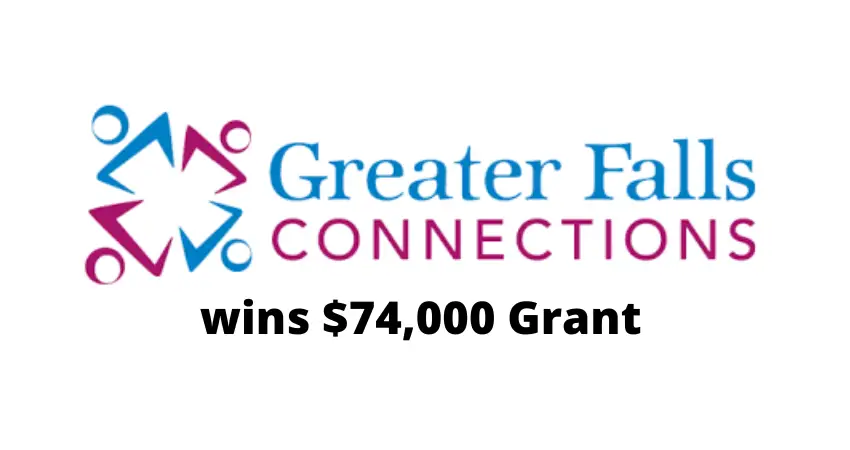Arcadia funds UCLA Library’s endangered archives program, $13 million over eight years to digitize and make publically accessible online at-risk cultural heritage materials from the 20th and 21st centuries.
The Modern Endangered Archives Program (MEAP) at UCLA Library was established in 2018 with a five-year, $5.5 million donation from Arcadia, a nonprofit fund established by Lisbet Rausing and Peter Baldwin. This new award guarantees that UCLA will continue to be a leading force for safeguarding global knowledge at a time when cultural heritage items are being targeted and destroyed all across the world, according to Ginny Steel, the Norman and Armena Powell University Librarian.
While the physical materials remain in their countries of origin, managed by the same communities that have cared for these collections and whose histories are represented by these materials, the Modern Endangered Archives Program makes sure that these collections are made accessible to the public and are digitally preserved. Through 2031, more than 250 projects will have access to this chance thanks to the new $13 million extension.
“We are grateful to Arcadia for continuing to advance the library’s work to digitize and make openly accessible primary source materials that speak to the experiences of individuals around the world who have been largely left out of historical and national narratives,” Steel said.
Arcadia funds charitable organizations, academic institutions dedicated to protecting the environment and cultural heritage, as well as initiatives that advance open access. All of its awards are given with the requirement that any produced content be made freely accessible online.
“The Modern Endangered Archives Program is a priority for the library for two reasons: first, the program furthers UCLA’s mission to capture and digitally preserve knowledge, and second, it expands the library’s ability to build accessible collections on a global scale with international partners,” Steel said. “I look forward to seeing these materials support research and teaching on campus and beyond.”





Thank you for your sharing. I am worried that I lack creative ideas. It is your article that makes me full of hope. Thank you. But, I have a question, can you help me? https://accounts.binance.info/kz/register?ref=K8NFKJBQ
I don’t think the title of your article matches the content lol. Just kidding, mainly because I had some doubts after reading the article. https://accounts.binance.info/es-AR/register?ref=UT2YTZSU
Can you be more specific about the content of your article? After reading it, I still have some doubts. Hope you can help me.
Thanks for sharing. I read many of your blog posts, cool, your blog is very good.